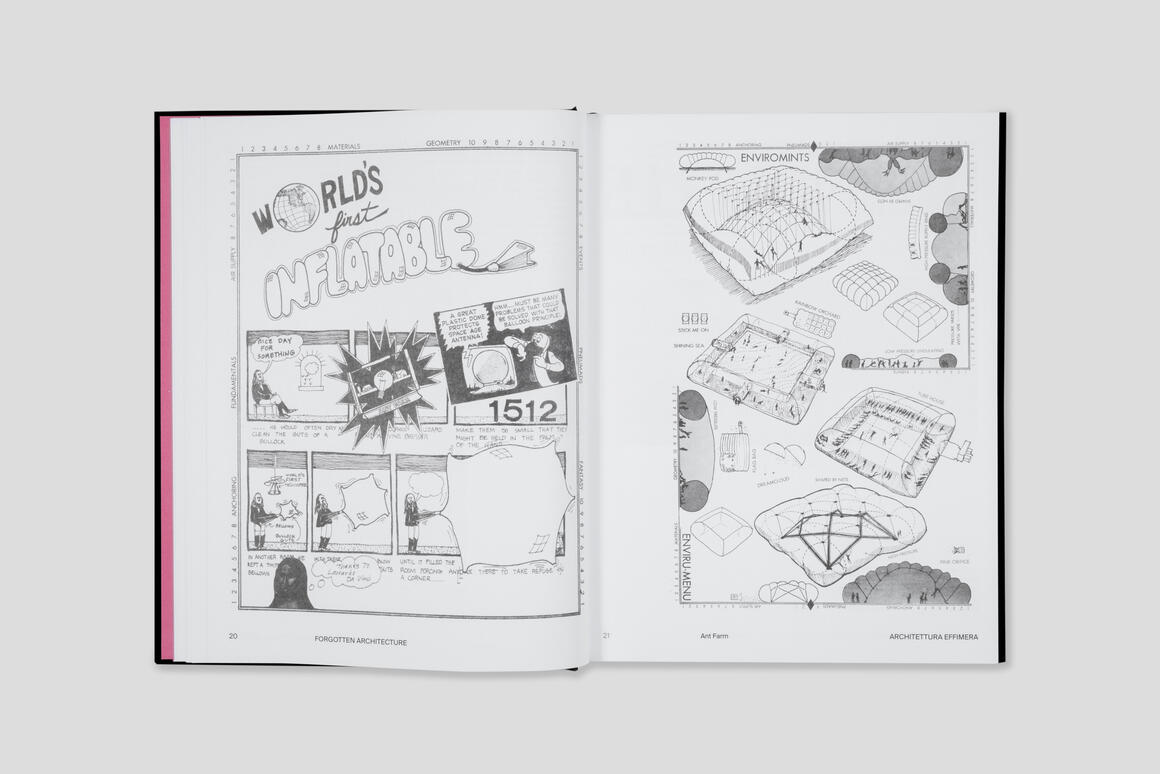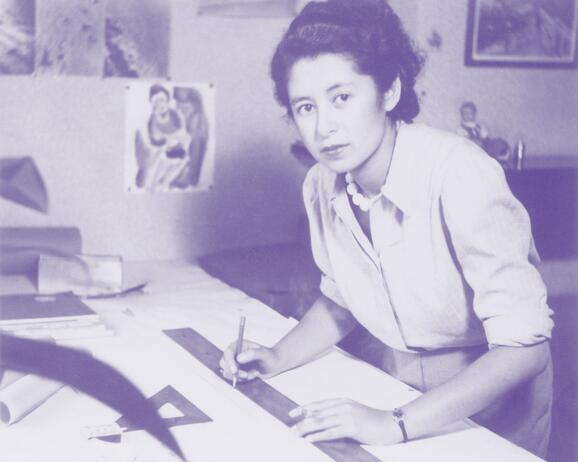Forgotten Architecture was founded as a Facebook group on May 28, 2019, to share, in a virtual space, forgotten or overshadowed projects in Europe and the rest of the world. The idea behind Forgotten Architecture is simple: to recover projects by little-known architects and works left in the shadows of the masters, to delve into the work of "minor" figures, and to unite alternative takes on the History of Architecture as a complement to university courses.
Forgotten Architecture now becomes a book, maintaining its distinctive features of a collective, dynamic, and horizontal experience born on a social network. Ephemeral architecture, gas stations, discos, vacation resorts, houses, and playgrounds: the publication uses the architectural categories most frequently featured in the group as guiding themes, providing for each project a collection of photographic material, documents, and drawings from professional firms, private archives, and institutions.
The book, published by NERO Editions and edited by Bianca Felicori, is produced thanks to the support of the Directorate-General for Contemporary Creativity of the Italian Ministry of Culture under the Italian Council program (12th edition, 2023), and is sponsored by RESIDENZA 725 —shopping universe, land of culture.
BOOK HERE
Bianca Felicori is an architect, author, curator, and PhD researcher at UCLouvain, Bruxelles (FNRS Research Fellow). She carries out her research with the aim of demonstrating the confluence of artistic and architectural experimentation born in Europe and America between the 1960s and 1970s. She has curated exhibitions and cultural programs collaborating with institutions such as Triennale Milano and Venice Biennale. She wrote for magazines such as Domus and AD and she’s currently guest curator of the Elle Decor Italia architectural section. In 2019 she founded the platform Forgotten Architecture about the less-known modern architecture all over the world and she recently published the book Forgotten Architecture (Nero Editions 2022). In 2021 she co-founded the cultural centre DOPO? in Milan.

